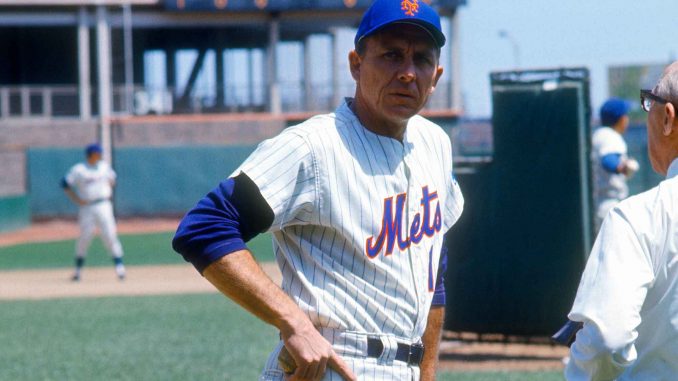
By Owen Russell
Labor negotiations between the Major League Baseball Players Association (MLBPA) and MLB owners broke down last Wednesday, Dec. 1, leading to the league’s first work stoppage since the 1990s. In accordance with the work stoppage, most baseball-related activities have shut down. That means no free agency, no trades, and could possibly mean no spring training or even regular-season games.
Though current players have been left out in the cold, baseball stars from yesteryear still have much at stake. On Sunday, Dec. 5, the National Baseball Hall of Fame immortalized six former athletes by electing them to the Hall of Fame.
The election consisted solely of players who had been passed over during their time on the Baseball Writers’ Ballot. Bud Fowler and Buck O’Neil were elected from the Early Baseball Era Committee (pre-1950).
The majority of the players elected, however, came from the Golden Days Committee (1950-1969). Pitcher Jim Kaat, third baseman Minnie Minoso, outfielder Tony Olivia, and first baseman Gil Hodges all received the much-deserved honor more than half a century after their playing primes.
For New Yorkers, the Gil Hodges announcement is the biggest cause for celebration. Hodges spent the majority of his baseball life as a New York icon. Starting his career in Brooklyn, Hodges would become an eight-time All-Star and a key member of the 1955 World Series team. After a brief stint in LA, where he won another World Series, Hodges came back to NY to join the newly-formed New York Mets. During his two-year tenure in Queens, Hodges was by no means a standout player; he would retire just two years later.
From there, Hodges began a career as a manager, where he would go down in Mets’ immortality. In 1969, Hodges led the “Miracle” Mets to the promised land, earning them a shocking World Series win over the Baltimore Orioles. Hodges would continue managing the team through 1971 until his untimely death in 1972.
Hodges isn’t the only player who finally got what they deserved. While Kaat, Minoso, Olivia, and Bud Fowler were all incredible athletes, none may have had a bigger impact on the game than Buck O’Neil, who was a stalwart of the Negro Leagues pre-integration. He won a championship with the 1942 Kansas City Monarchs, and was a three-time All-Star. Though he was a remarkable player, O’Neil earned his spot in the Hall of Fame as Pioneer of the Game. Transitioning to an off-the-field career, O’Neil became the first Black coach in MLB history with the Chicago Cubs. After scouting some of the best talents in MLB history and founding the Negro League Hall of Fame, O’Neil passed away in 2006. Though the achievement comes posthumously, the countless people who Buck O’Neil inspired can finally celebrate.
Of the players who did not make the Hall of Fame this time around, New Yorkers may best recognize Roger Maris, who gained national acclaim after breaking Babe Ruth’s single-season home run record. Maris won two World Series with the New York Yankees in the 60s, as well as two MVP awards. Though Maris had an extremely high peak, his career was plagued with injuries and inconsistency. Though he may never find his way to Cooperstown, Maris’ number 9 is forever retired by the Bronx Bombers.
Despite these elections, the 2022 Baseball Hall of Fame class is far from complete. At the moment, the Baseball Writers of America are still voting on a ballot of 30 players, more recently retired. Highlighting the ballot are steroid era superstars Barry Bonds, Roger Clemens, Sammy Sosa and more. This year, designated hitter David Ortiz and shortstop/third baseman Alex Rodriguez have joined the ballot for the first time. Last year, nobody received the needed 75 percent of the vote to be inducted, and it remains to be seen if this will happen again this year. Regardless, there will still be new faces entering Cooperstown in 2022.
